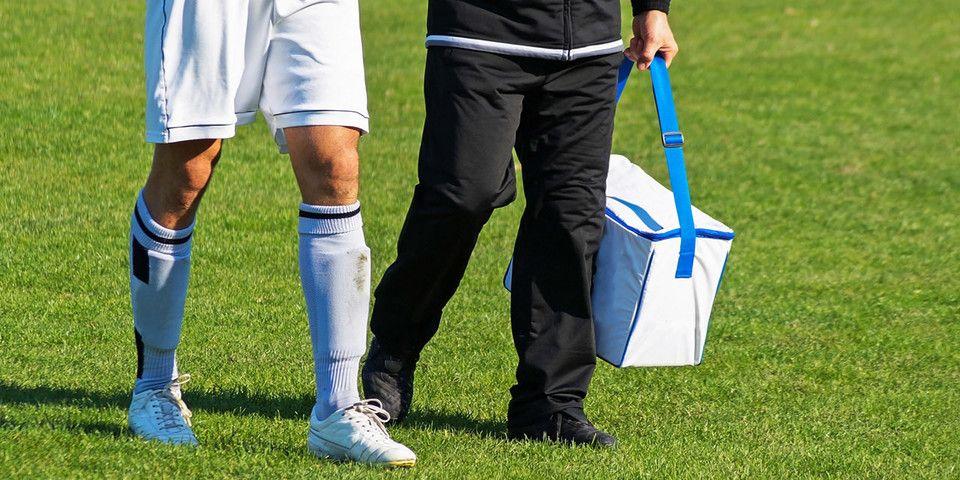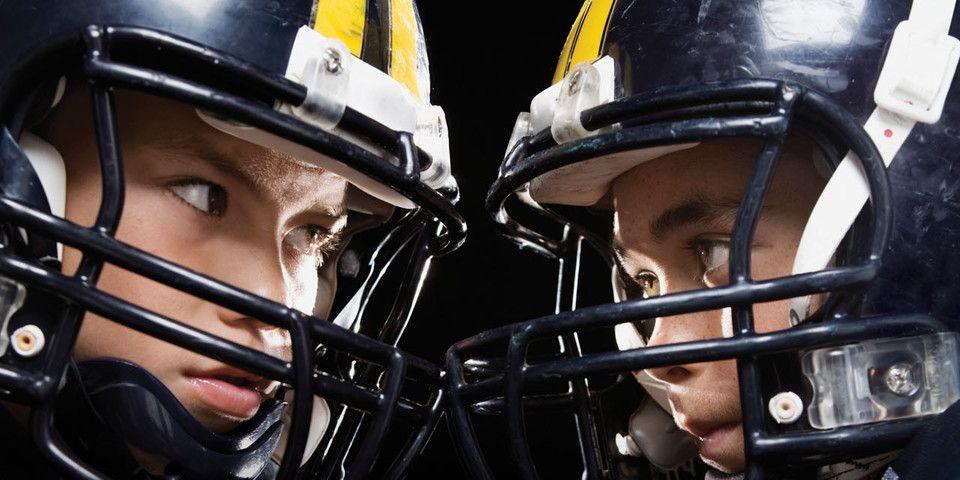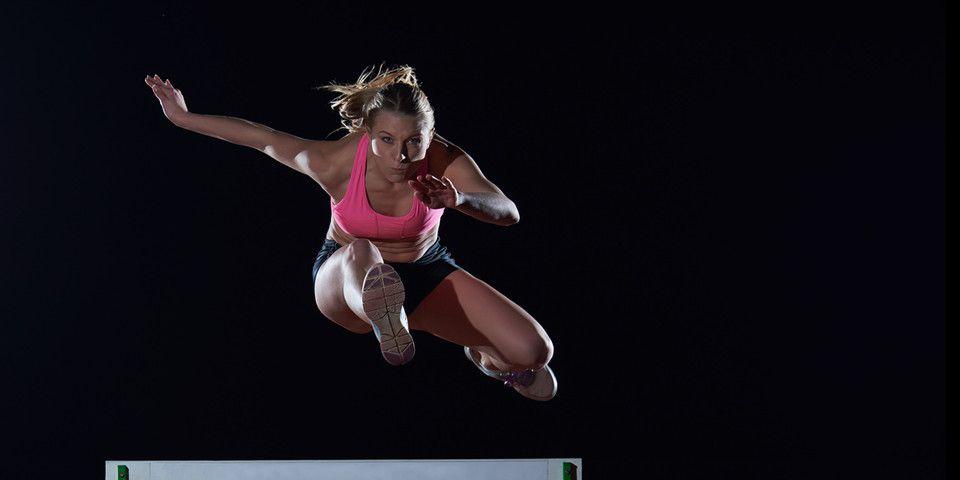How to Avoid Dehydration: A Guide for Athletes, Parents & Coaches
The Rothman Orthopaedic Institute sports medicine team answers your questions about how to avoid the dangers of dehydration during this intense summer heat wave.
The National Weather Service continues to warn Philadelphia area residents about the intense heat wave that has been in effect since last week. For the next few days, heat index values will again reach excessive levels during the afternoon and early evening hours, and with fall sports practices beginning, athletes will be at an increased risk for heat-related health issues, such as dehydration.
Sports medicine physicians at Rothman Orthopaedic Institute are taking a proactive approach to helping our local community stay aware and informed about the risks associated with the excessive heat we’ve been experiencing.
Especially when it comes to the role of coaches and parents, the information below can be critical in an effort to help athletes avoid dehydration and stay safe out on the fields this summer.
Dehydration: What is it?
Anyone can get dehydrated if they do not replace body fluids lost by sweating. Because they are exerting more physical energy than the average person, and because they are usually doing so outside during hours of consecutive training sessions, dehydration is a critical concern especially for athletes.
Once dehydration occurs, the body responds by performing less effectively and by exhibiting a variety of physical symptoms. Let’s talk about those symptoms.
Avoid the Dangers of Dehydration: Stay Aware of the Signs and Symptoms
Outside of the most common and obvious symptoms, thirst and dry mouth, dehydration can also cause the following:
-
Headache
-
Inability to Focus
-
Dizziness
-
Irritability
-
Cramps
-
Nausea
-
Excessive Fatigue
Who is at Risk?
In order to effectively avoid dehydration, athletes should be aware that, for certain reasons, they may be more inclined toward this condition and its negative consequences. You may be more prone to dehydration if you:
-
Have a low fitness level
-
Are battling another sickness
-
Have suffered from a heat illness in the past
Addressing Dehydration: Treatment & Returning to Play
It is highly recommended that a certified athletic trainer (ATC) be on site to monitor the health and safety of athletes during activity. This is especially important when there is excessive heat or humidity, such as during the current heat wave we are experiencing in the Philadelphia area.
If an ATC is on site, he or she will be able to provide the appropriate treatment for the athlete suffering from dehydration. However, coaches and even parents should also be aware of what to do in cases when an athletic trainer is not present.
-
Move the athlete to a shaded (or preferably, air-conditioned) area.
-
Give him or her plenty of fluids to drink.
-
Continue to monitor the athlete’s condition, checking for lingering symptoms.
-
When all symptoms are gone, the athlete may return to play (still under careful supervision).
Tips for How to Manage & Avoid Dehydration in Athletes
While it is an athlete’s own responsibility to maintain proper hydration, which begins long before they step foot on the field, coaches and parents can play an important role in helping players avoid dehydration by following these suggested tips:
-
Allow for proper warm up time so that athlete’s bodies can become gradually accustomed to the heat.
-
Check a child’s pre and post practice weight. If post-activity weight is less than pre-activity weight, the athlete is not drinking enough fluids while active.
-
Allowing flavored sports drinks can help increase the amount of fluid athletes consume during and after practices and games.
-
Institute regular drink breaks during training sessions (every 20 minutes is recommended).
-
For sports, such as football, that require protective equipment, plan to run low impact drills during excessively hot days. This will allow players to wear minimal extra padding, while still maintaining safety.
-
If the heat index becomes extreme, consider canceling or postponing activity or moving all practices to an indoor location.
The good news is heat illnesses such as dehydration can be prevented and successfully treated. Be aware of the symptoms, seek the help of a certified athletic trainer, and be ready to treat an athlete yourself if need be.
For more information, please visit us here or contact us at 1-800-321-9999.
Related Physicians
Related Specialties
Related Programs
-

Athletic Training- Sport Medicine Outreach
Our Field Athletic Trainers provide direct sports medicine care to youth, high school, college and professional athletes. Rothman AT’s provide athletic training services throughout Southeastern PA to interscholastic high schools, colleges, as well as tournaments and special events.Read More -

Sports Concussion Program
Concussion care is a special focus of Rothman's sports medicine program. We've developed the most advanced multi-disciplinary evaluation and treatment techniques based on research done by the concussion specialists here at Rothman Orthopaedic Institute.Read More -

Women’s Sports Medicine Program
The Women’s Sports Medicine Program at the Rothman Orthopaedic Institute is the first of its kind in the Philadelphia metro area and one of only several such programs specializing in the comprehensive care of the female athlete in the country.Read More




